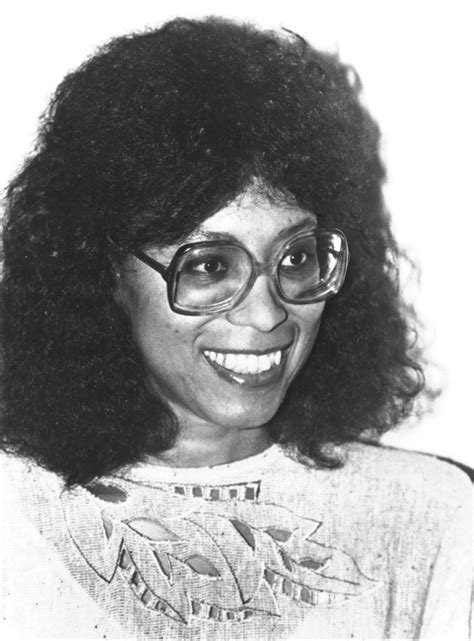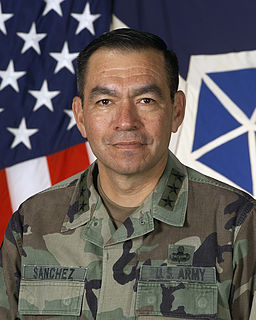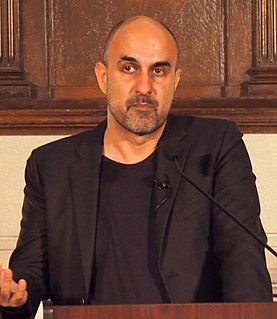A Quote by Neal Brennan
Slavery is the most insane thing... I don't know that we've ever seen in history, but it's got to be close. The idea of slavery is such a base impulse. It's like, "I'm going to kidnap you and then you're going to do everything I want." Like, what? And then there's the historical aspect. It had a huge effect on human history.
Related Quotes
I've always been interested in history, but they never taught Negro history in the public schools...I don't see how a history of the United States can be written honestly without including the Negro. I didn't [paint] just as a historical thing, but because I believe these things tie up with the Negro today. We don't have a physical slavery, but an economic slavery. If these people, who were so much worse off than the people today, could conquer their slavery, we can certainly do the same thing....I am not a politician. I'm an artist, just trying to do my part to bring this thing about.
I learned a history not then written in books but one passed from generation to generation on the steps of moonlit porches and beside dying fires in one-room houses, a history of great-grandparents and of slavery and of the days following slavery; of those who lived still not free, yet who would not let their spirits be enslaved.
I think comedy allows people to accept the more difficult parts of history. And history, if it's presented wrong, is just very depressing, particularly the history of slavery. If slavery is presented properly, it's a great story. But I think that within the commercial world of storytelling in which I live, there haven't been many strong works that discuss slavery in ways that are palatable and funny and interesting to the reader.
As for slavery, there is no need for me to speak of its bad aspects. The only thing requiring explanation is the good side of slavery. I do not mean indirect slavery, the slavery of proletariat; I mean direct slavery, the slavery of the Blacks in Surinam, in Brazil, in the southern regions of North America. Direct slavery is as much the pivot upon which our present-day industrialism turns as are machinery, credit, etc. … Slavery is therefore an economic category of paramount importance.
We call 'Slavery is wrong' a moral truth because there is a specific history of theoretical investigation of a particular kind of slavery. We discussed it for centuries in metaphysical, economic, biological, and philosophical terms; we listened to all the arguments pro and con, we read all the testimonies of slaves and witnesses, and we decided. Though this 'we" is not everybody on earth, or even most people, who've never thought about slavery much.
I do know that the effect of the tremendous cutbacks on education that we're seeing are going to create a major problem for the country if we don't provide the opportunity to a huge swath of our society. These impacts are going to have an effect across national security, it's going to have an effect across our social services, and of course on the economy, in broad terms. So there is, I think, at least a level of concern that we ought to have at this point in our history.
I believe that patterns tend to repeat themselves and there are connections between the past and the present. There is the old proverb that reads, 'You can't know where you're going if you don't know where you've been'. For me, history is like that. When you take history and combine it with myth, then you get mystery.
There is an unbroken line of police violence in the United States that takes us all the way back to the days of slavery, the aftermath of slavery, the development of the Ku Klux Klan. There is so much history of this racist violence that simply to bring one person to justice is not going to disturb the whole racist edifice.
I felt like I had kind of played it out, and I wanted to see what was next, and then came Mythbusters. You know, it's the best job I've ever had, on its worst day it's better than anything else, but it's a huge amount of responsibility, and there are days when just going into work and building something from someone else's drawing sounds like going back to heaven.
Accuracy is paramount in every detail of a work of history. Here's my rule: Ask yourself, 'Did this thing happen?' If the answer is yes, then it's historical. Then ask, 'Did this thing happen precisely this way?' If the answer is yes, then it's history; if the answer is no, not precisely this way, then it's historical drama.


































